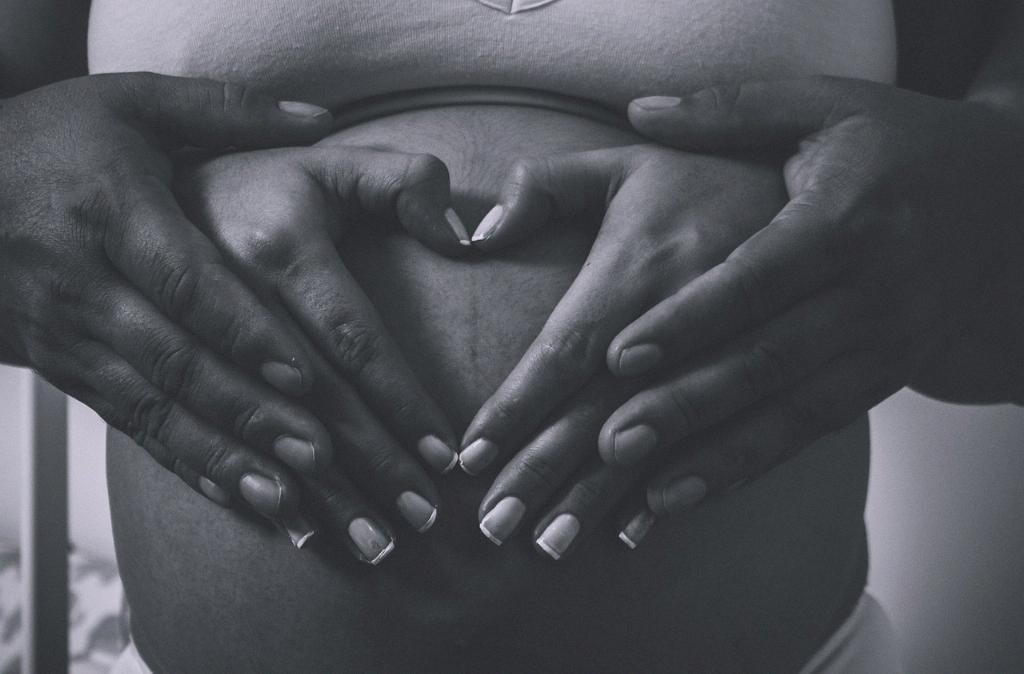When it comes to pregnancy, many expectant mothers experience a range of unusual symptoms and changes in their bodies. One common concern that often arises is the presence of brown discharge, particularly at around 6 weeks into the gestation period. It’s natural to feel anxious or worried when noticing any type of abnormal discharge during pregnancy, as it can sometimes indicate underlying health issues.
Causes of Brown Discharge in Early Pregnancy
At 6 weeks pregnant, brown discharge can occur for various reasons. While some instances of brown discharge are normal and pose no harm to the pregnancy, in certain cases, it can indicate more serious conditions. One common cause of brown discharge is implantation bleeding, which happens when the fertilized egg attaches itself to the uterine lining.
Potential Concerns Related to Brown Discharge
It’s important to be aware that constant brown discharge during early pregnancy could be a sign of more critical issues. These may include a threatened miscarriage, ectopic pregnancy, or even a molar pregnancy. Therefore, any persistent or heavy brown discharge should not be overlooked, and seeking medical advice is advisable to rule out any serious complications.
Signs of a Healthy Pregnancy
While brown discharge can be alarming, there are other positive signs to look out for that indicate a healthy pregnancy. These may include mild cramping, breast tenderness, and the absence of severe pain or heavy bleeding. In the absence of these symptoms, it’s possible that the brown discharge is a benign occurrence that does not pose a threat to the pregnancy.
Seeking Medical Advice
If you are experiencing constant brown discharge at 6 weeks pregnant, it’s crucial to consult with your healthcare provider promptly. They can perform a thorough examination, including ultrasound scans, to determine the cause of the discharge and ensure the well-being of both you and your baby. Early intervention can be key in addressing any potential complications.
Monitoring Your Symptoms
As you navigate through the early stages of pregnancy, staying vigilant about any changes in your body is essential. Keeping track of the frequency, color, and consistency of the brown discharge can provide valuable information to your healthcare provider. Additionally, noting any accompanying symptoms or discomfort can aid in pinpointing the root cause of the issue.
Addressing Anxiety and Concerns
Dealing with brown discharge during pregnancy can understandably lead to heightened stress and anxiety. It’s normal to feel overwhelmed by the uncertainty of the situation, but reaching out to your support system and discussing your feelings with your healthcare provider can offer reassurance and guidance. Remember that you are not alone in this journey.
Personal Care and Rest
During this period of uncertainty, taking care of yourself both physically and emotionally is crucial. Ensure you get an adequate amount of rest, maintain a healthy diet, and engage in activities that promote relaxation and well-being. Prioritizing self-care can contribute to a smoother pregnancy experience overall.
Following Up with Your Provider
After your initial consultation regarding the brown discharge, it’s important to follow up with your healthcare provider as advised. Regular check-ups and further monitoring can help track the progress of your pregnancy and address any new developments or concerns that may arise. Open communication with your provider is key to ensuring the best possible care.
Staying Informed and Educated
Being well-informed about the potential causes of brown discharge in pregnancy can empower you to make informed decisions and advocate for your health. Educate yourself on the various conditions that may be associated with brown discharge, and don’t hesitate to ask questions or seek clarification from your healthcare provider.
Final Thoughts on Brown Discharge at 6 Weeks Pregnant
In conclusion, while brown discharge at 6 weeks pregnant can be a cause for concern, it’s essential to approach the situation with a level head and seek appropriate medical guidance. By being proactive about monitoring your symptoms, seeking timely medical advice, and prioritizing self-care, you can navigate this phase of pregnancy with greater confidence and peace of mind.

